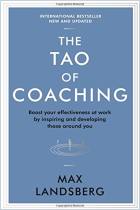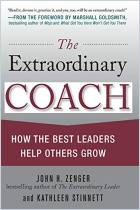The Duke Corporate Education team has produced a compact guide that defines coaching in the workplace and explains how your organization can begin to implement it. getAbstract recommends this guide to anyone responsible for ensuring that other people produce results. Potential coaches include corporate managers and leaders at all levels, entrepreneurs, small business owners, and nonprofit managers and volunteers. This short manual is also valuable to anyone who is responsible for teaching, developing, counseling or guiding others, such as teachers, counselors and even parents.
The Crucial Links
No matter what happens in the economy or the marketplace, your organization’s employees are still accountable for doing their jobs and delivering results. When they need guidance, they are most likely to turn to middle managers. These executives, at both the center of the organization and the center of the action, face unique challenges.
Four current trends affect their role:
- The rapid advance of "information technology."
- The convergence of many industries and the blurring of boundary lines.
- The new global economy.
- Regulatory changes.
Middle managers’ critical functions include:
- Translating upper-management strategy into a plan of action - Interpreting the strategy to their direct reports, instructing them about implementation and providing feedback on their progress to upper management.
- Influencing others - Communicating within and outside of their department.
- Putting together and leading teams - Keeping people focused on teamwork and their mutual goals.
- Motivating and coaching - Helping others learn, grow and achieve their...
Numerous members of the Duke Corporate Education team collaborated to write this guide, including Blair Sheppard, Liz Mellon, Prinny Anderson, Michael Canning, Marla Tuchinsky and Cindy Campbell.



























Comment on this summary or Démarrer une discussion